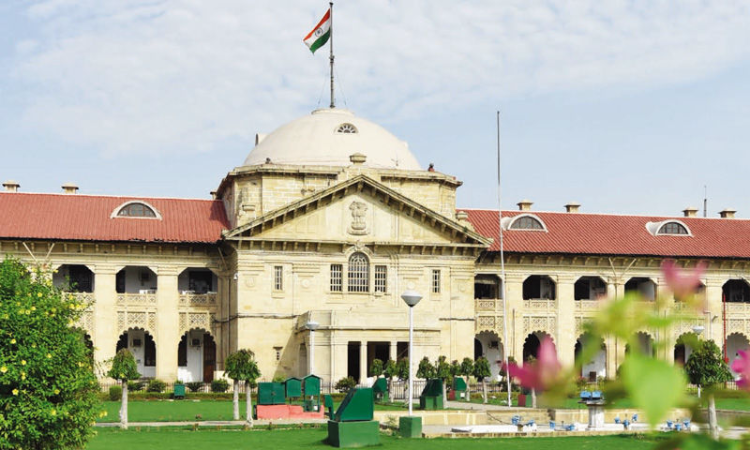UP Amendment To S. 438 CrPC Doesn't Bar Grant Of Anticipatory Bail To Accused Booked U/S 376(3) IPC: Allahabad HC
Sparsh Upadhyay
15 May 2024 11:21 AM IST

Next Story
15 May 2024 11:21 AM IST
The Allahabad High Court has held that the Criminal Procedure Code (Uttar Pradesh Amendment) Act, 2018 which revived the provision of anticipatory bail (Section 438 CrPC) in the State (with effect from June 6, 2019), doesn't bar the grant of PRE-ARREST BAIL to an accused booked for an offence under subsection (3) of Section 376 IPC. A bench of Justice Shekhar Kumar Yadav observed...
